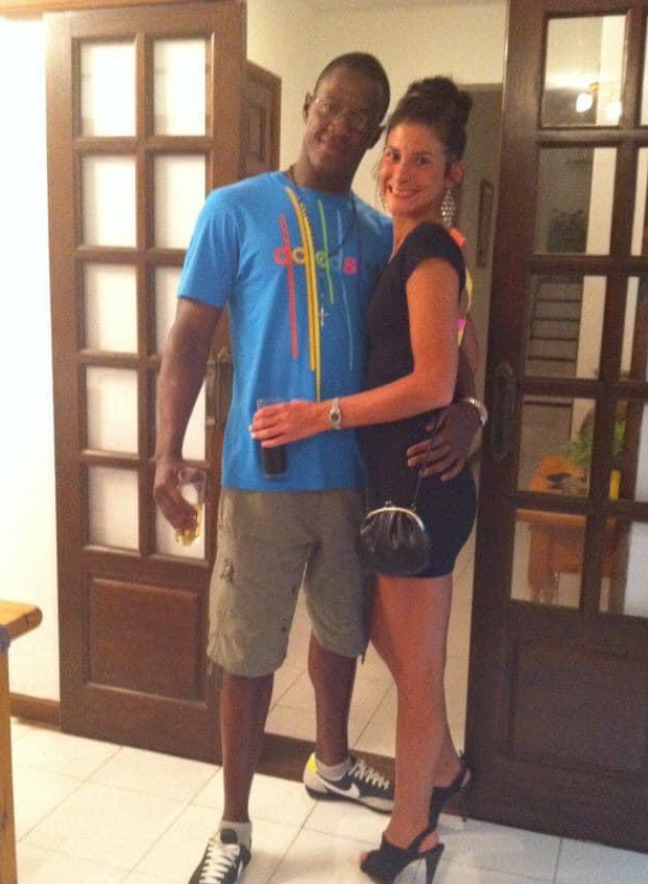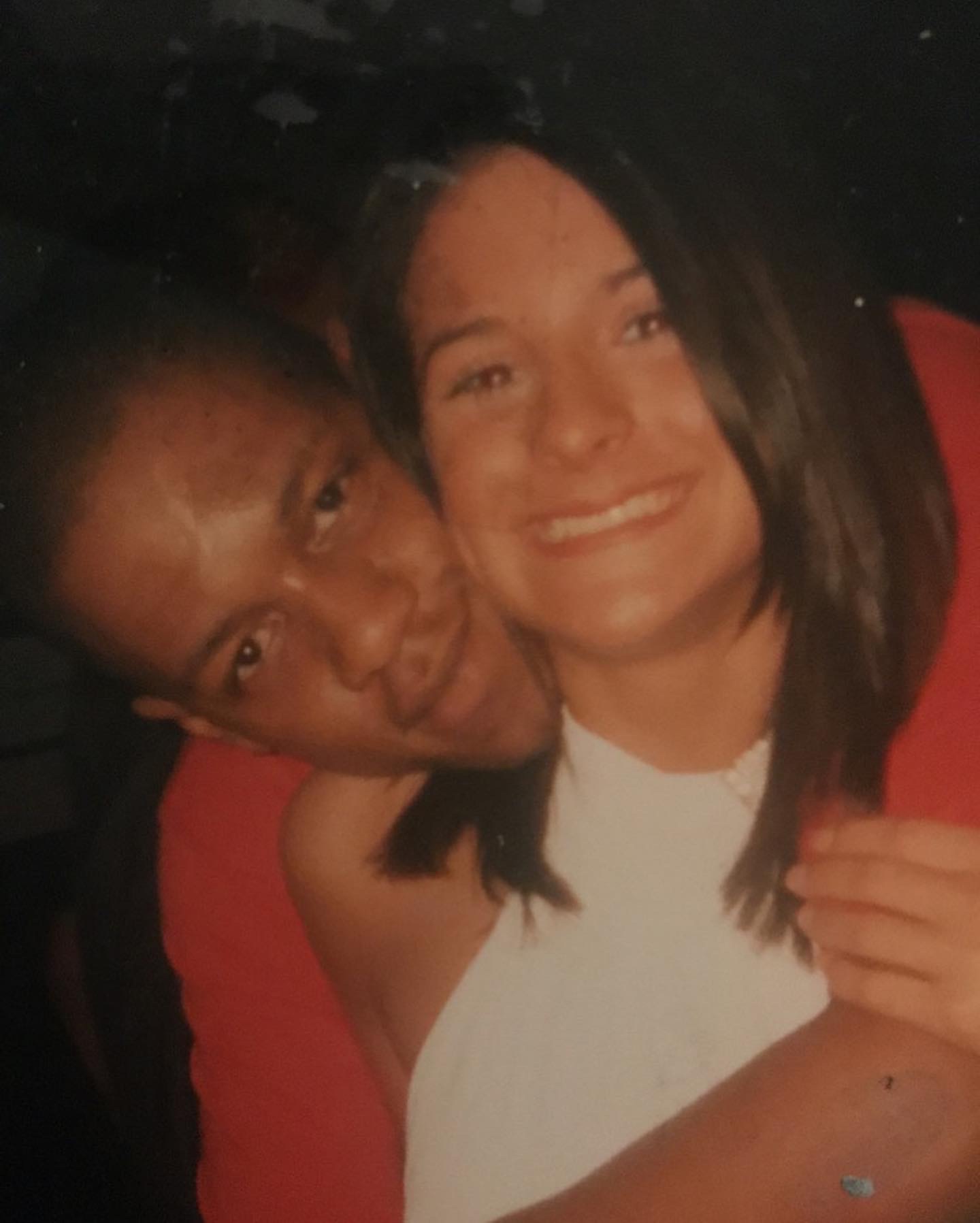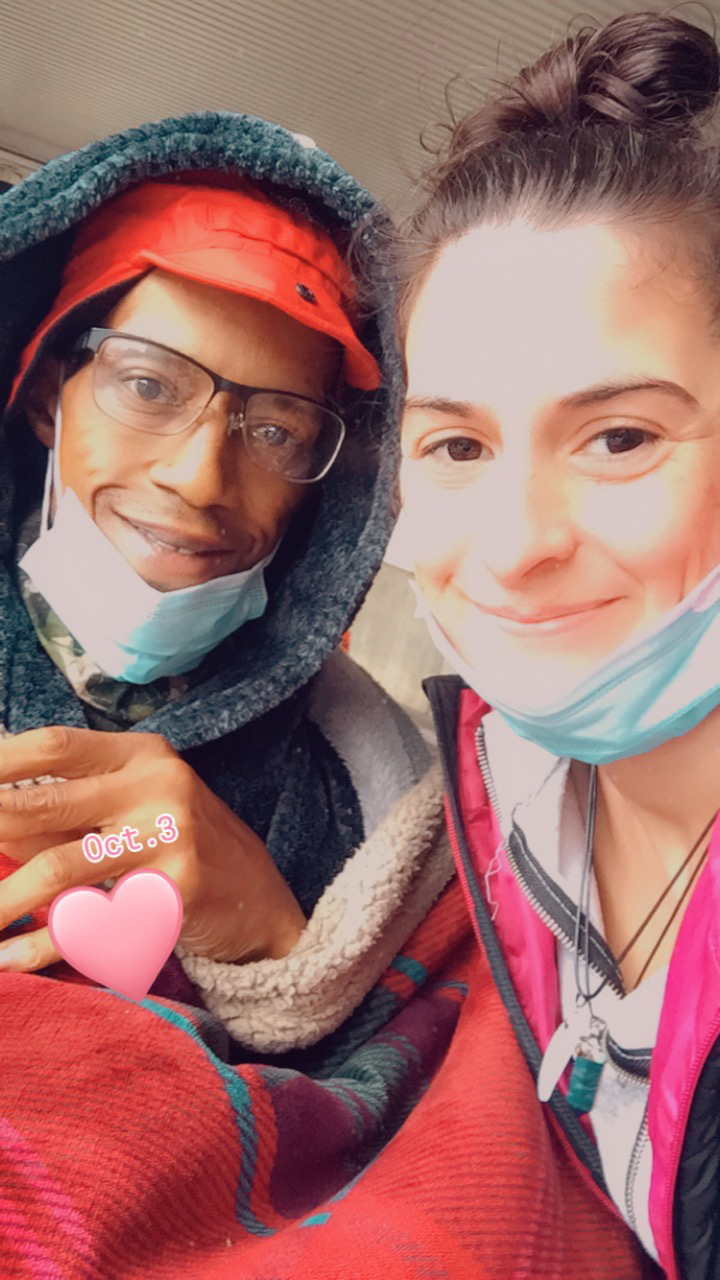“Toward the end, Matthew would have happily let an increase of medication end his life. Pain management was all that could be offered to him, but even this was ineffective.”
Eva Scotland shares her husband Matthew's tragic story of pancreatic cancer and how it has turned the entire family's world upside down.

My husband, Matthew Scotland, was diagnosed with non-Hodgkin’s Lymphoma when he was 29. He thankfully survived this through treatment, but it left him infertile. Fortunately, he was able to freeze sperm samples that would support us in having a child in the future through IVF. However, because Matthew had a son from a previous relationship, IVF on the NHS was denied to us.
In 2018, Matthew was suffering from severe pain in his stomach and was under investigation by the hospital – they diagnosed him with Gallstones. Fast forward to 2019, we were given the worst news possible, he was given a diagnosis of stage 4 pancreatic cancer that was inoperable and terminal.
When he was diagnosed, and we learnt more about pancreatic cancer, it was obvious that his symptoms had been clear signs of the illness. Unfortunately, we did not know the signs before this.
The hospital tried relieving his symptoms twice by inserting stents, but these were unsuccessful as the cancer was very aggressive. I watched him suffer; the cancer was stripping him of the man he was. Chemotherapy to shrink the tumour had an horrendous effect on him, and he chose to stop it, wanting to make the most of the time he had left.

Pain management was the only thing left, and Matthew was fitted with a driver, which was a pump that administered strong medication throughout the day. As the pain worsened, he was visited daily by the District Nurse who would top up his pain relief. Early in 2020, we were told that Matthew only had months to live. We had been together for nineteen years and engaged for ten but had never married. It was important to Matthew that we married before he died. We married on 25th June 2020. Matthew said it was the best day of his life, it certainly was mine.
Matthew’s driver/pump was now administering even stronger pain relief, again topped up by daily visits from the District Nurse. At times, Matthew had to go into a hospice because the pain he was suffering was not being managed by the driver/pump and the District Nurse. As Matthew’s wife, I was traumatised and distraught to witness the extent of Matthew’s pain while waiting for my family members to find a pharmacy that supplied his prescription.

Matthew fought this devastating illness to the best of his ability, he was so strong throughout. Toward the end, he’d have happily let an increase of medication end his life. Pain management was all that could be offered to him, but even this was ineffective.
Just four months after our wedding, Matthew passed away at a Marie Curie Hospice with me by his side. His son was only 20, we never had a child of our own through IVF.

Marie Curie were amazing, and knowing our story, they treated us like newlyweds, referring to Matthews’s room as the honeymoon suite.
Matthew was my life, and I felt so useless throughout his illness because all I could do was be there for him, holding him and stroking his back. Witnessing Matthew’s pain and declining health has left me with a diagnosis of PTSD.
More needs to be done to identify this devastating cancer earlier before it is too advanced and terminal. In my experience with Matthew, I was left angry and couldn’t understand how the pain relief provided did not actually provide him with relief.
Research into early diagnosis must continue. Matthew was a fighter and fought to the end, but even his strength was not enough.
